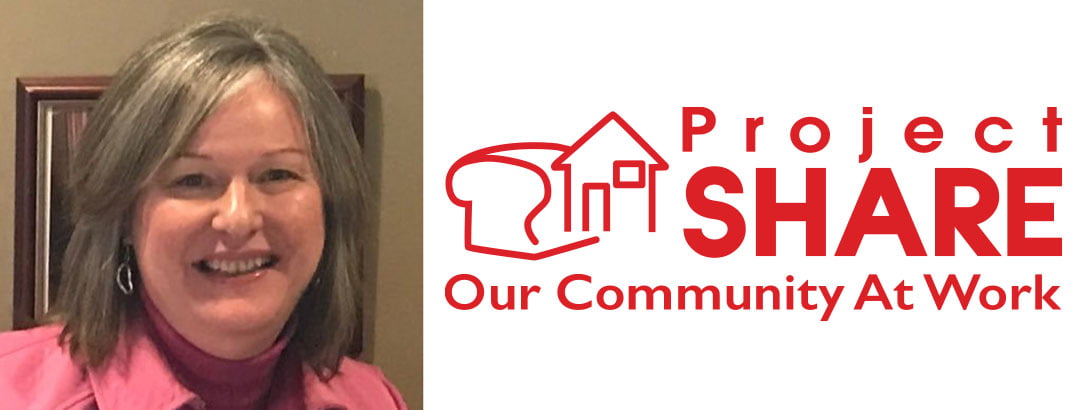Carolyn Bones-Poley has been selected as the new executive director for Project Share.
She will join the organization Dec. 2.
The appointment follows the September retirement announcement of Diane Corkum, who provided leadership and direction to Project Share for 30 years.
In a news release issued Tuesday, the agency’s board of directors and staff wished Corkum all the best in retirement and thanked her for her years of service.
Bones-Poley brings more than 25 years of experience at the senior management level in the not-for-profit and public sectors. Her skills include financial management, strategic planning, governance, fundraising, event development and management, collaboration and communication.
No stranger to Niagara Falls, Bones-Poley served as president of Niagara Falls Chamber of Commerce for 15 years. She has also served on numerous not-for-profit boards and committees including the local St. John Ambulance board of directors, United Way of Niagara Falls, Poor Boy Committee, Niagara Health System Foundation and Niagara Falls Tourism.
As campaign director for United Way of St. Catharines and District, Bones-Poley achieved a fundraising record of $2.52 million in 1997.
She founded Niagara Networks, the annual chamber trade show, and developed several large events with keynote speakers, including a premier of Ontario and U.S. ambassador to Canada.
“After a very thorough search, the board is excited to welcome Carolyn Bones-Poley to Project Share,” said chair Irma Sebastiano.
“The board of directors was unanimous in its decision to hire Carolyn and we are looking forward to working with her.”
Bones-Poley said she’s looking forward to bringing her “enthusiasm, fresh perspective and experience” to the team of staff and volunteers at Project Share.
“Together, we will continue to build upon Project Share’s successful history, focused on improving the lives of individuals living in poverty in the Niagara Falls community,” she said.
Project Share addresses the short-term need for food and creating long-term solutions for food security, mobilizing resources and adapting services to respond to changes in the community.



